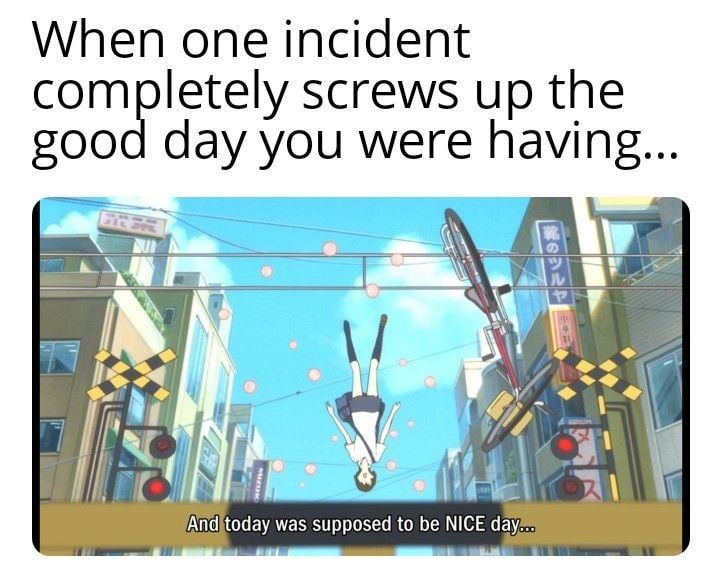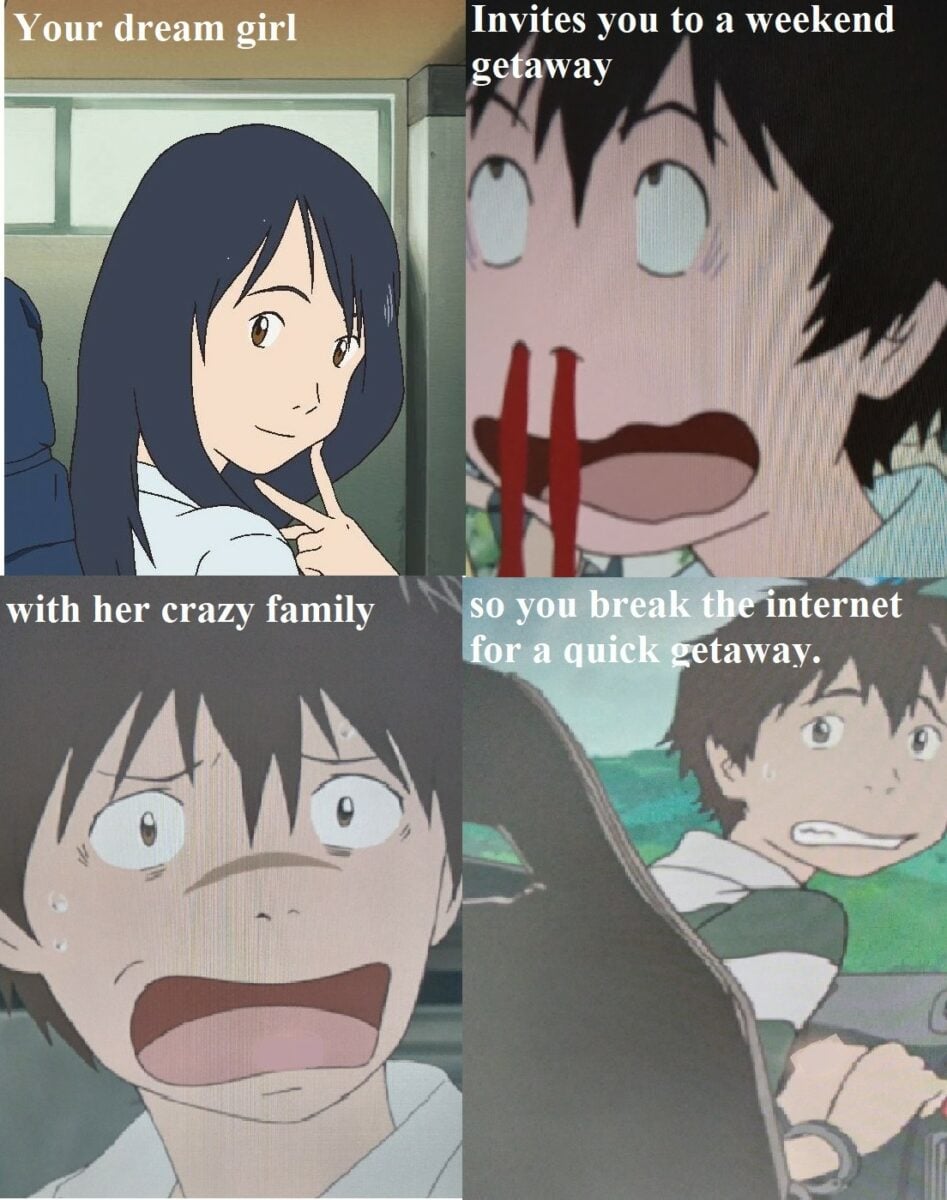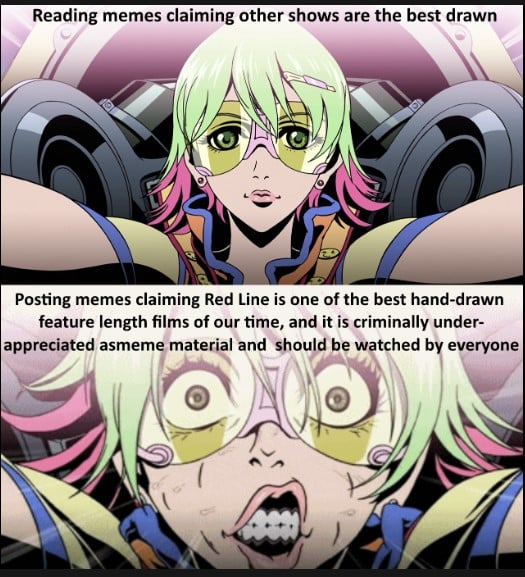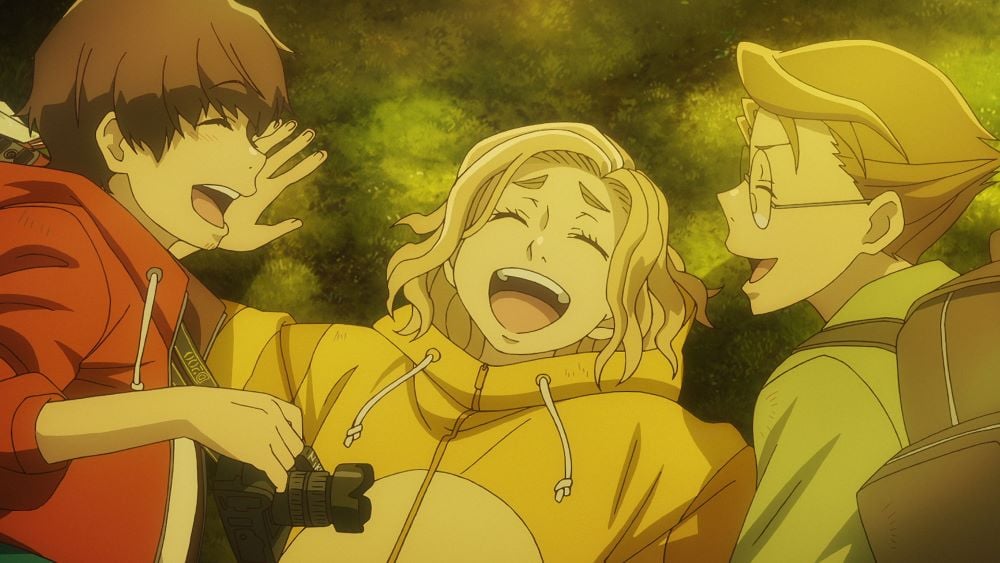For thirteen years, Madhouse hasn’t had an award-winning movie. What was the key to Madhouse’s success? Great directors are the key to timeless movies, and each director has a personal touch that elevates their work. They oversee the soundtrack, story, and animation. Yes, even CGI, which is a miss or tolerable, falls to them. In Timeless Movies Part One, we looked at the first four directors who brought Madhouse prominence in the late 90s and 2000s. Now we’ll look at the last four. Mamoru Hosoda, Yoshiki Yamakawa, Sunao Katabuchi, and Takeshi Koike created award-winning movies for the studio. Their works are marvelous additions to Madhouse’s legacy, and neither are they one-hit wonders. These directors have kept perfecting their craft even after leaving Madhouse. Let’s look at the last of Madhouse’s award-winning movies.
The Girl Who Leapt Through Time

One movie that leaps into our hearts with its timeless themes of love and growing pains is Mamoru Hosoda’s The Girl Who Leapt Through Time. His second feature-length movie became his breakout hit. 2006’s The Girl Who Leapt Through Time is a spiritual sequel to Yasutaka Tsutsui’s novel. It features Makoto Konno, a high school girl who hangs out with her friends and fights over pudding with her sister. One day she finds an acorn-shaped device that enables her to time travel. To activate it, she must leap into the air. Makoto jumps here and there like Disney’s Gummi Bears for endless karaoke and matchmaking. After a tragic event, she must choose the best use of her power.
The Girl Who Leapt Through Time has won over twenty awards, including the Japan Academy Prize’s Best Animation of the Year. It also took home 2007’s Seiun Award by beating Paprika and The Melancholy of Haruhi Suzumiya.
Summer Wars

Summer Wars, Hosoda’s follow-up hit, is my favorite rewatchable summer movie. The first time I saw it was on my first trip to Japan in the summer of 2010. Summer Wars revolves around Kenji Koiso, a mathlete. Kenji pretends to be upperclassman Natsuki Shinohara’s fiancé at her grandmother’s birthday party. One night, Kenji receives an anonymous email with a math problem. He can’t resist the challenge and solves it. This sets in motion the hacking of the social media platform Oz by the sentient AI “Love Machine.” That’s right, just like the song. Kenji and Natsuki’s eccentric family fight against it in the online world.
Summer Wars has won fourteen awards. It was an Official Selection at the 2010 Berlin International Film Festival. Plus, it received Best Animation of the Year at the 33rd Japan Academy Prize.
Hells

Taking a page from Yu Yu Hakusho. Bubbly teenager Rinne Amagane gets hit by a truck while chasing a strange black cat. She ends up in hell. Rinne’s only way out is to graduate from a demon high school with equally demonic classmates. Hells is based on Sin’Ichi Hiromoto’s manga Hells Angels. Hells has a craziness on par with any Studio Trigger anime, with its messy gothic style holding your attention during the insane action. Yes, the story may not be Shakespeare, but it’s fun. This is thanks to director Yoshiki Yamakawa, also known as Yoshinobu Yamakawa. He is known for Is It Wrong to Try to Pick Up Girls in a Dungeon?
Hells is a winner of the Grand Prize in Animated Feature Film at the Beverly Hills Film Festival Japan. It earned two Official Selections. One from the 21st Tokyo International Film Festival and the other from the 63rd Locarno International Film Festival. Hells is a worthwhile watch.
Mai Mai Miracle
When you’re young, the world is full of adventure. All you needed was your imagination, friends, and a cowlick. No, I’m not talking about The Little Rascals. This is Mai Mai Miracle. In mid-1950s rural Japan, third grader Shinko Aoki listens to her grandfather’s stories about her town’s Heian Era history. She uses the power of her “mai mai,” cowlick, to see into the past. She focuses on the life of Princess Nagiko Kiyohara, who once lived in the area. One day, Kiiko Shimazu moves to town from Tokyo after her mother’s death. Kiiko and Shinko bond over stories of Princess Nagiko. Together, they deal with death, loneliness, and the dark side of adulthood. Mai Mai Miracle is about staying positive during hardship. Sunao Katabuchi (Black Lagoon) wrote and directed Mai Mai Miracle. It’s based on Nobuko Takagi’s novel Maimai Shinko.
Mai Mai Miracle is a recipient of nine awards. At the 29th Brussels International Fantastic Film Festival, it won the Anima 2010 Adults Audience Award for Feature Film Competition and the BETV Award.
Redline

Fast, furious, and with speed lines for days, Redline is director Takeshi Koike’s feature film debut. Koike would later direct Lupin the IIIrd: Jigen’s Gravestone and its sequels. Racer “Sweet” JP with a pompadour sweeter than Josuke Higashikata’s enters the Redline. It’s the galaxy’s most watched race, but this time it’s on the militant Roboworld. The insane cyborg leader of Roboworld threatens to destroy any racers who come to his planet. Despite the danger, JP only wants to win. Redline’s crazy action and old-school vibe hit a sweet spot for action junkies.
Redline’s premiere was at the Official Selection at the 62nd Locarno International Film Festival in Locarno, Switzerland’s Piazza Grande. The Piazza Grande is a giant cobblestone square in the city center. It also received the Audience Award at the 2010 Utopiales in France.
Hope for the Future

Over the past 50 years, Madhouse has given promising directors a chance to shine, and they have. Sadly, the last award Madhouse won was for Redline in 2010. There are two reasons for this. The first is co-productions. After Redline, Madhouse made Trigun: Badlands Rumble, The Tibetan Dog, The Princess and the Pilot, No Game, No Life Zero, Okko’s Inn, and several other movies. Okko’s Inn (2018) did win an award. Except, it’s a co-production with DLE (Thermae Romae), so it’s not solely Madhouse’s work. The same can also be said for Wolf Children, which Hosoda made after forming Studio Chizu. The second reason is that most directors leave for other studios. Koike has done work for Telecom and Yamakawa for J.C.Staff.
If Satoshi Kon were still alive, his uncompleted movie, The Dream Machine, might have won a few accolades. That may change with new movies like Goodbye, Don Glees! by Atsuko Ishizuka (A Place Further Than the Universe) and Kotono Watanabe’s (Btooom!) Land of Gold, Land of Water (Kin no Kuni Mizu no Kuni). Goodbye Don, Glees! has already received several nominations. Madhouse has an eye for talent, and in the next 50 years, we should get more timeless movies, great TV shows, and our favorites becoming classics.
Don’t forget to leave a comment or tweet about what you love about Madhouse.















